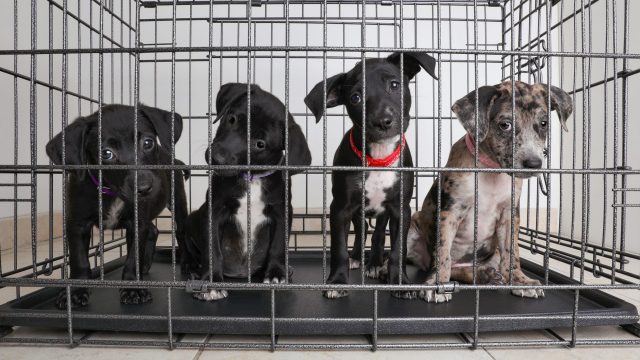Impact Report
Quarter 1 2025: July–September Highlights
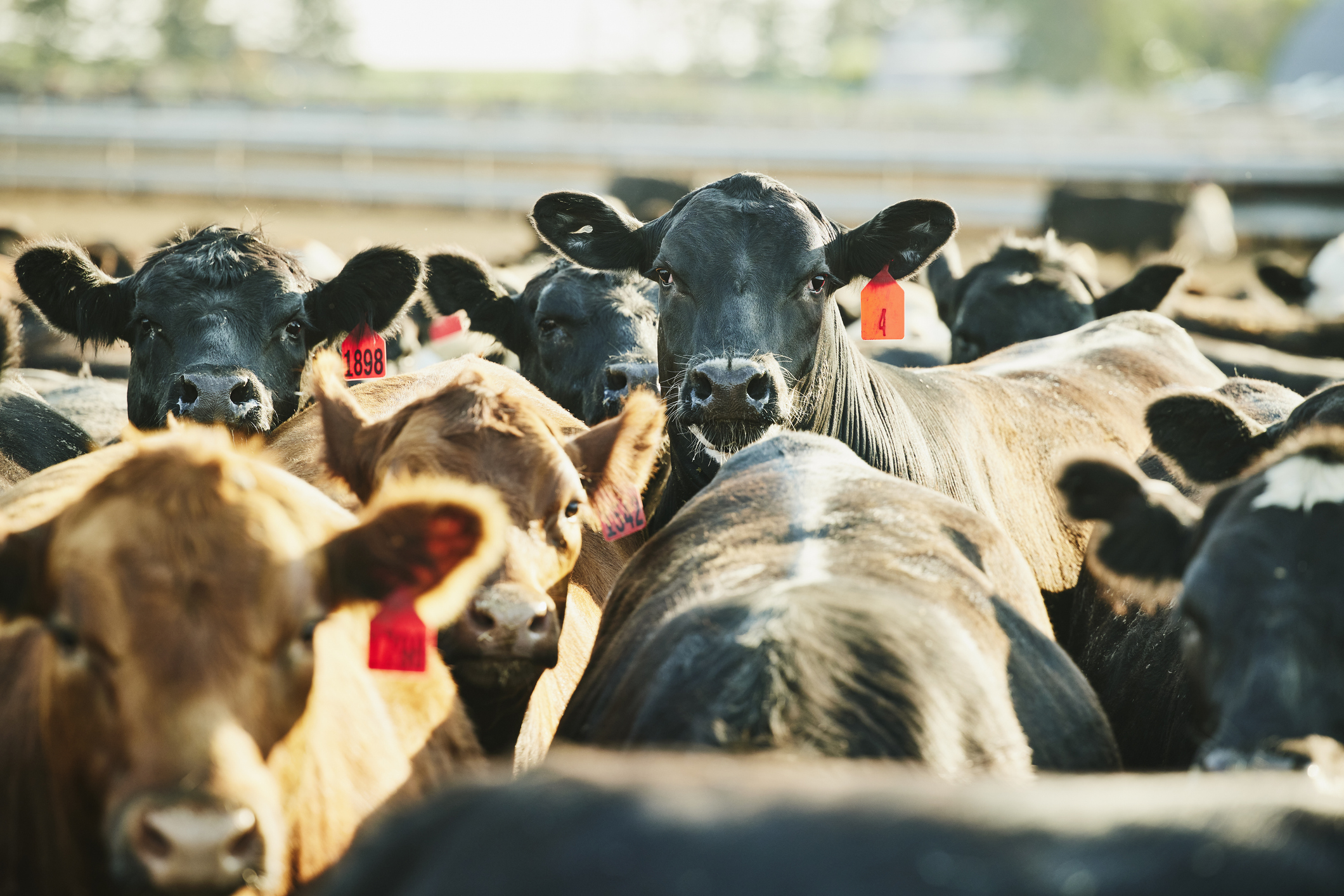
Lawsuit Filed: Demanding Tyson Foods Stop Misleading Consumers
Raising cows for food is one of the most environmentally destructive practices on Earth. But a meat-industry giant, Tyson Foods, is trying to spin a fable for environmentally conscious consumers.
With your help, we’re taking on Tyson, bringing a new lawsuit on behalf of plaintiff organization the Environmental Working Group (EWG).
Tyson is falsely marketing beef as “climate-smart” and making deceptive claims that its operations will reach “net-zero” greenhouse gas emissions by 2050.
In reality, Big Ag beef production emits more greenhouse gases than any other food product. On its own, Tyson produces about one-fifth of the U.S. supply of meat from cows, pigs, and chickens, and astonishingly, the company produces more greenhouse gases than some entire countries, including Austria and Greece. The vast majority of those emissions — 85% — come from its beef operation.
Our lawsuit — filed in D.C. Superior Court in September — accuses Tyson of making “false or misleading” marketing claims targeting D.C.-based consumers who are concerned about the greenhouse gas impacts of beef production, in violation of the D.C. Consumer Protection Procedures Act. We’re seeking to hold this corporate monolith accountable for deceiving the public with claims it cannot back up with facts.
Our coalition representing EWG on this case includes Earthjustice, Edelson PC, and FarmSTAND. Learn more at aldf.org/tysonfoods.
Victory: Court Rules Texas Plant-Based Censorship Lawsuit Can Proceed
When Texas state lawmakers passed an unconstitutional bill cracking down on the rights of plant-based food producers and consumers, we swung into action.
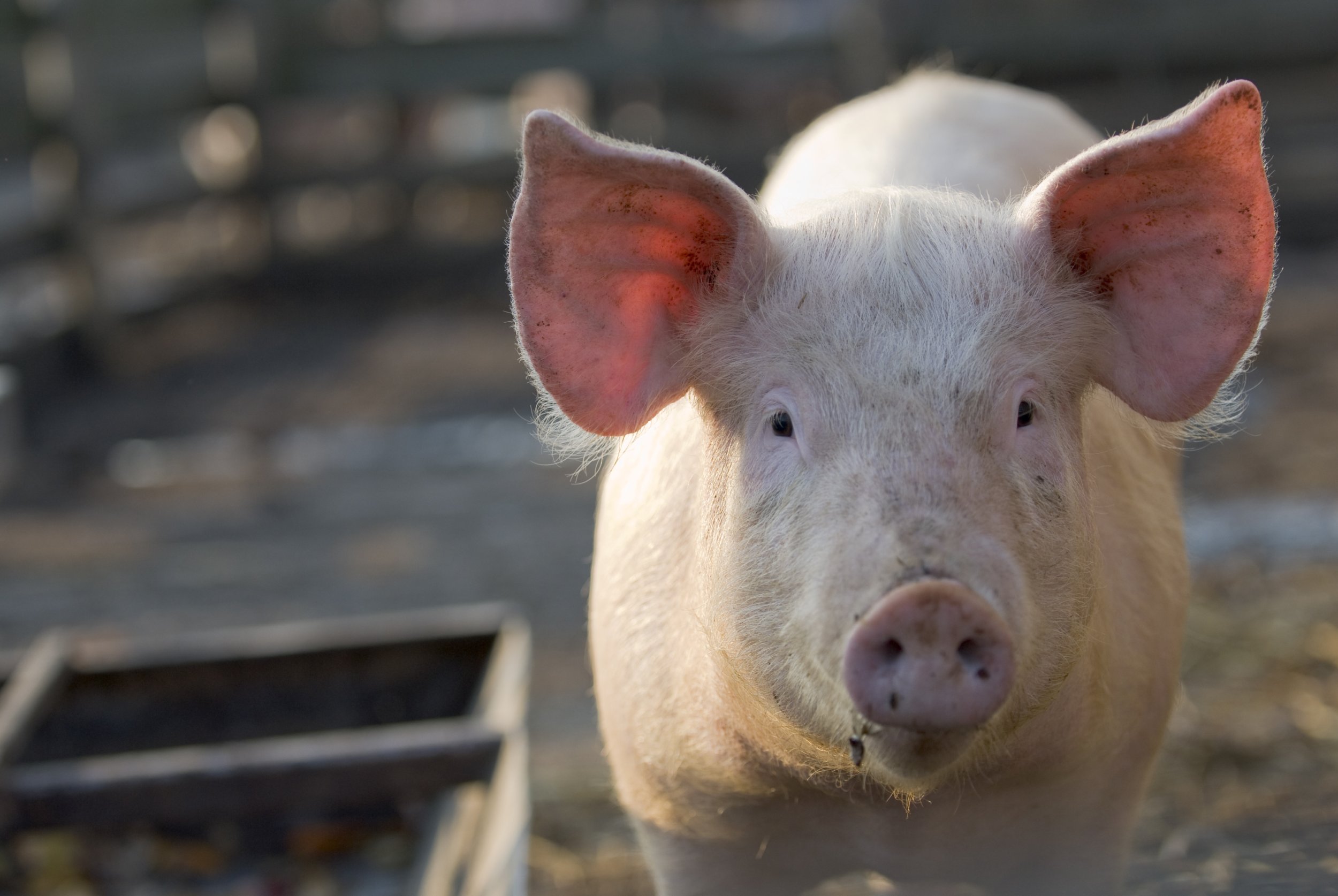
With your help, we filed a lawsuit on behalf of plant-based company Tofurky and the Plant Based Foods Association, partnering with the Good Food Institute on the case.
To comply with the deliberately burdensome Texas law, companies like Tofurky would have to redesign each and every product label and the marketing materials that go along with it. This would not only be expensive, but would prevent plant-based companies from effectively communicating the nature of their products to consumers. Tofurky’s customers seek out its products because they’re made from plants — they’re not confusing its products with slaughter-based meat, as the Texas law purports to prevent.
The state attempted to have our case dismissed, but in September, our coalition was victorious when the court ruled that the lawsuit may proceed. Learn more at aldf.org/texaslawsuit.
Victory: Octopuses Protected from Cruel Farming in California
With your help, California has just become the second U.S. state to ban cruel octopus farming, following Washington, and the world’s first governing body also to ban the sale of farmed octopus, striking a blow against the nascent industry.
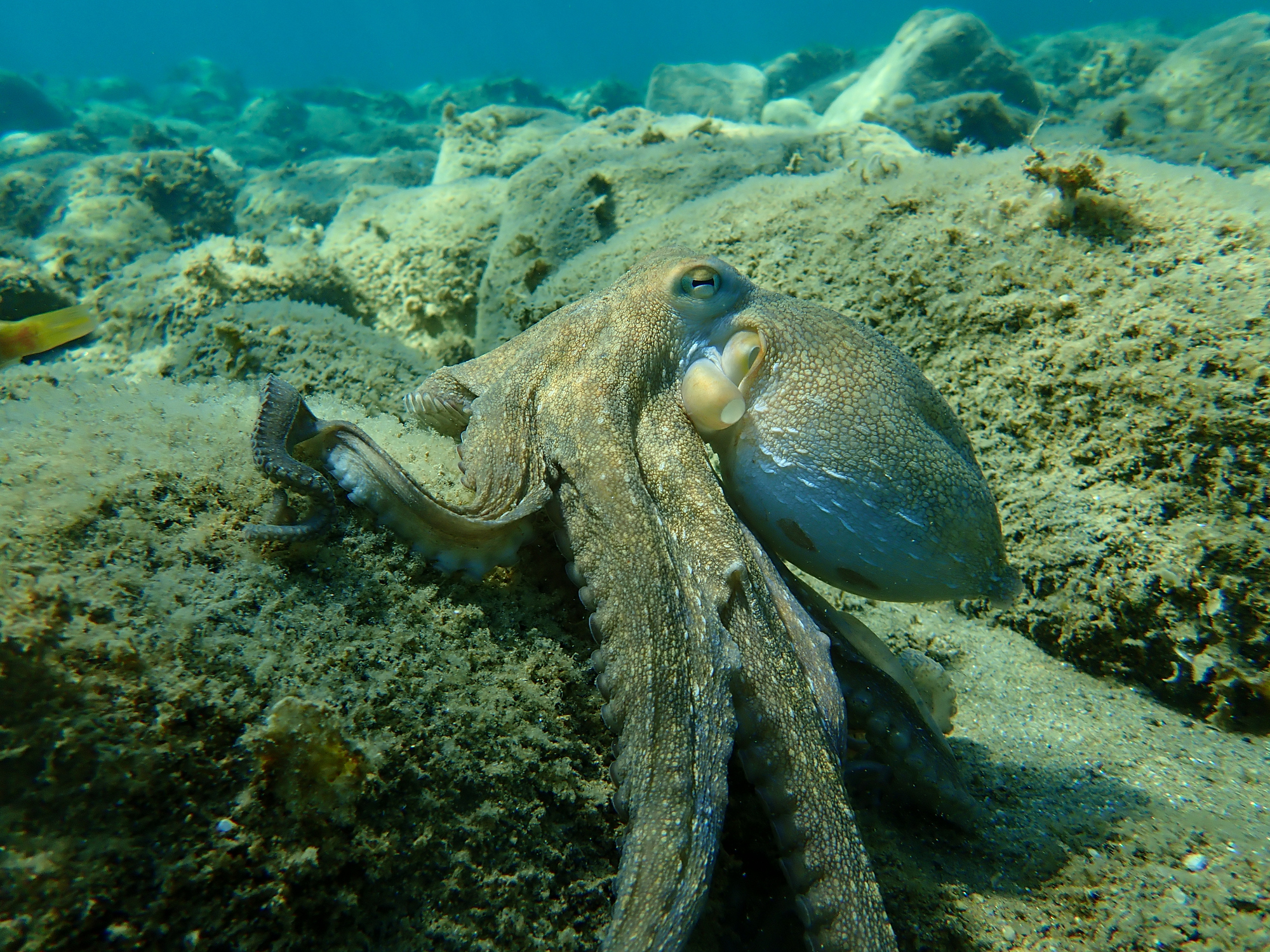
The animal agriculture industry cares about profits — not animals’ well-being. Corporate agriculture interests are currently maneuvering to farm octopuses on a large scale for food, and the result would be immense suffering for the animals as well as environmental peril for the waters in which they would be farmed.
Multiple other states are considering banning octopus farming, and a bipartisan bill has been introduced in the U.S. Senate in part thanks to our advocacy. Your support is helping to prevent these shy, intelligent animals from suffering in cruel factory-farm-like conditions. Learn more at aldf.org/octopus.
Legal Petition Demands Disclosure of Hidden Animal Products in Food
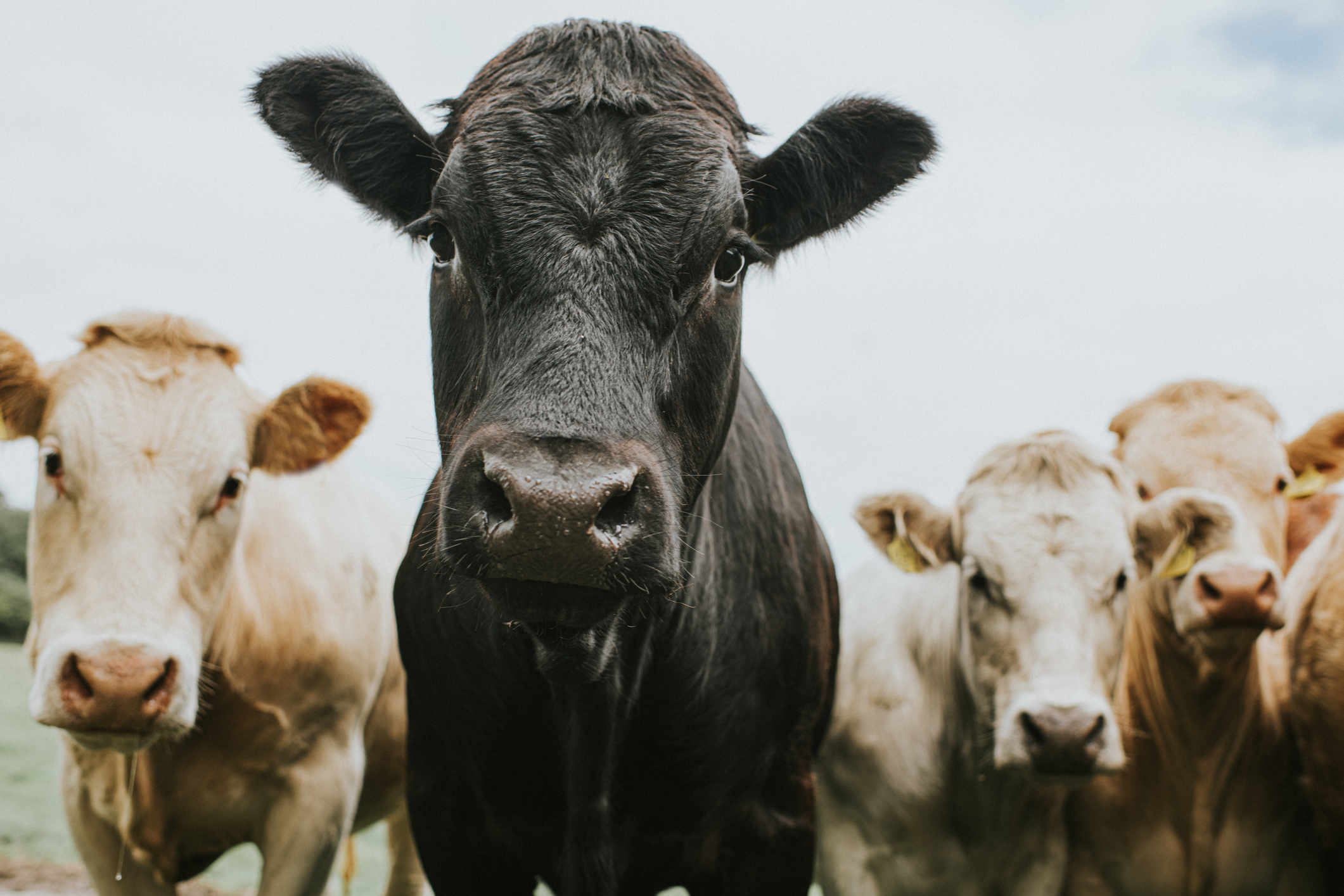
Some consumers avoid eating animals for ethical or religious reasons. Others may have allergies — even life-threatening ones — that require them to avoid animal-derived ingredients.
But the U.S. Food and Drug Administration (FDA) currently doesn’t require companies to notify consumers of hidden animal ingredients in their food.
Now — joined by a diverse range of 16 organizations, academics, physicians, and experts — we’ve filed an official petition, urging the FDA to require companies to disclose on product packaging whether animal-derived ingredients are included in their food products, and if so, which species those ingredient(s) come from.
Previously, we released the results of research conducted at the University of Oklahoma, which showed that more than 60% of participants valued knowing whether their food contains animals, but only 28% could identify individual animal-derived ingredients when shown a list. Learn more at aldf.org/adi.
Sign Up!
Join the Animal Legal Defense Fund's email list to stay up to date on lawsuits, legislation, and regulations affecting animals.
Focus Area
How We Work
Related
-
West Virginia is the Only Remaining State That Doesn’t Ban Bestiality
The state is ranked 20th in the 2024 U.S. State Animal Protection Laws Ranking ReportJanuary 30, 2025 Press Release -
Court Allows RICO Lawsuit Filed Against Puppy Mill Broker JAKS Puppies and Associates to Proceed
Class-action lawsuit alleges thousands in California purchased dogs falsely labeled “rescues.”January 29, 2025 Press Release -
State Animal Protection Laws Ranked: Oregon is #1, North Dakota #50
The 19th annual U.S. Animal Protection Laws Ranking Report (2024) ranks the animal protection laws of all 50 states.January 28, 2025 Press Release



